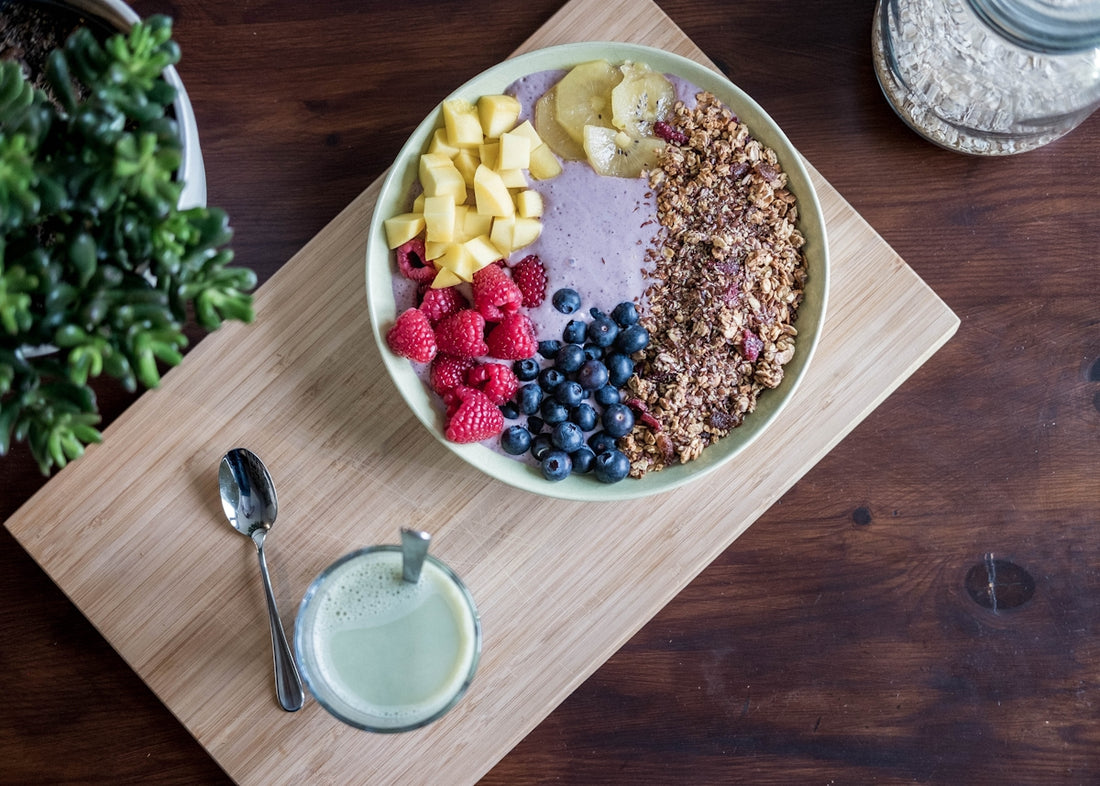
Probiotics Explained: Improving Your Gut Health Naturally
Sophia AustinIntroduction
In recent years, the importance of gut health has become increasingly recognized, not just by health professionals but also by the average consumer. A healthy gut contributes to better digestion, enhanced immunity, and overall well-being. One of the key factors in maintaining a healthy gut is probiotics. This blog post will delve into everything you need to know about probiotics and how they naturally enhance your gut health.
Visit Sophia Austin Beauty for more health tips and personal care products.
Table of Contents
- Understanding Probiotics
- The Role of Probiotics in Gut Health
- Natural Sources of Probiotics
- How to Incorporate Probiotics into Your Diet
- The Benefits of Probiotics
- Choosing the Right Probiotic Supplement
- FAQs About Probiotics
- Conclusion
Understanding Probiotics
Probiotics are live microorganisms that provide a range of health benefits when consumed in adequate amounts. They are often referred to as "good" or "friendly" bacteria due to their positive effects on gut health. In the human body, our gut microbiota comprises trillions of bacteria, playing a crucial role in maintaining health and preventing disease.
What are Probiotics?
Probiotics are live bacteria and yeasts beneficial for the digestive system. These microorganisms help maintain a balance in the gut by competing with harmful bacteria and supporting digestion.
The Role of Probiotics in Gut Health
A balanced gut microbiome aids in digestion, nutrient absorption, and immune system function. Probiotics contribute to maintaining this balance by:
- Producing substances that inhibit pathogenic bacteria.
- Modulating the immune response.
- Enhancing the gut lining to prevent harmful substances from entering the bloodstream.
Gut-Brain Axis
The gut-brain axis is a communication network that links the gut and brain. Probiotics can positively influence this connection, potentially alleviating conditions like anxiety and depression.
Natural Sources of Probiotics
Incorporating probiotics into your diet can be as simple as consuming certain foods, such as:
- Yogurt: A popular probiotic-rich food, yogurt contains live cultures like Lactobacillus bulgaricus and Streptococcus thermophilus.
- Kefir: This fermented dairy product offers a variety of probiotics and is an excellent source of protein and calcium.
- Sauerkraut: Fermented cabbage rich in probiotics, fiber, and antioxidants.
- Kimchi: A staple in Korean cuisine, kimchi is made from fermented vegetables.
- Miso: A traditional Japanese seasoning derived from fermented soybeans, providing a significant probiotic boost.
- Tempeh: A protein-rich meat substitute made from fermented soybeans.
How to Incorporate Probiotics into Your Diet
Start Slowly
For those new to probiotics, it's advisable to start with small amounts to allow your body to adapt. Gradually increase your intake to avoid digestive discomfort.
Create a Routine
Consistency is key. Incorporate probiotic foods into your daily meals without drastic changes. For instance, add yogurt to your breakfast or enjoy tempeh in your stir-fry.
The Benefits of Probiotics
Probiotics offer a variety of health benefits:
- Digestive Health: Enhances nutrient absorption and reduces symptoms of digestive disorders.
- Immune Support: Boosts the body's natural defenses against pathogens.
- Skin Health: Some studies suggest that probiotics can alleviate skin conditions like eczema.
- Mental Health: May reduce symptoms of anxiety and depression by influencing the gut-brain axis.
- Heart Health: Certain probiotics can improve heart health by lowering LDL cholesterol levels and blood pressure.
Choosing the Right Probiotic Supplement
When selecting a probiotic supplement, consider these factors:
- Strain: Different strains have varying benefits; choose a supplement with strains targeting your specific need.
- CFU Count: Opt for products with 1 billion to 10 billion CFUs (colony-forming units) for optimal benefits.
- Storage: Some probiotics require refrigeration. Always follow storage instructions to ensure potency.
Explore Probiotic Supplements on Amazon
FAQs About Probiotics
Are Probiotics Safe for Everyone?
Generally, probiotics are safe for most people. However, individuals with weakened immune systems or certain medical conditions should consult a healthcare professional before taking them.
How Long Should I Take Probiotics?
The duration depends on why you are taking them. For chronic conditions, long-term use may be necessary. Short-term use is adequate for occasional digestive issues.
Can Probiotics Help with Weight Loss?
Although they are not a magic solution for weight loss, some studies indicate that probiotics may aid in reducing abdominal fat and controlling weight.
Conclusion
Probiotics offer a powerful and natural way to improve gut health. By incorporating probiotic-rich foods into your diet and possibly complementing them with a high-quality supplement, you can enhance your digestive health, fortify your immune system, and potentially improve your overall well-being. For more tips on maintaining a healthy lifestyle, explore our resources.



